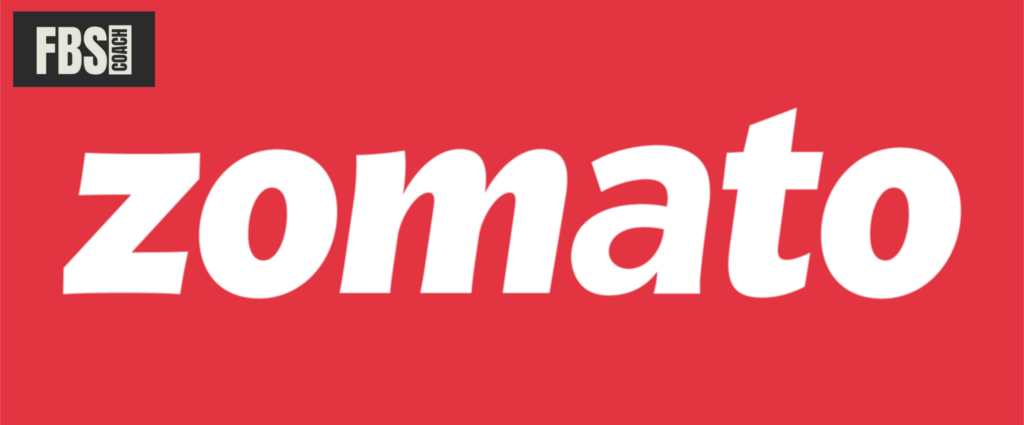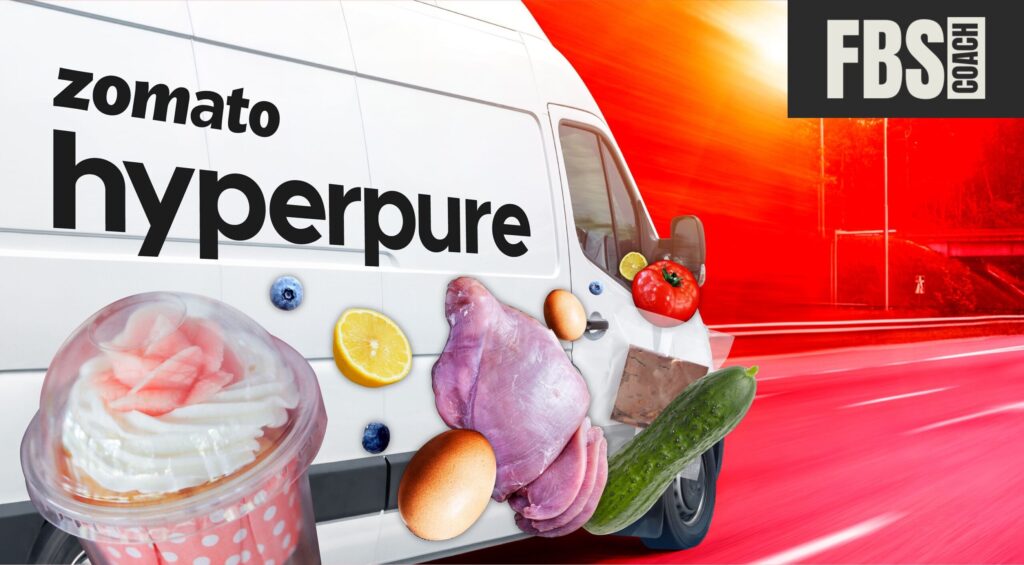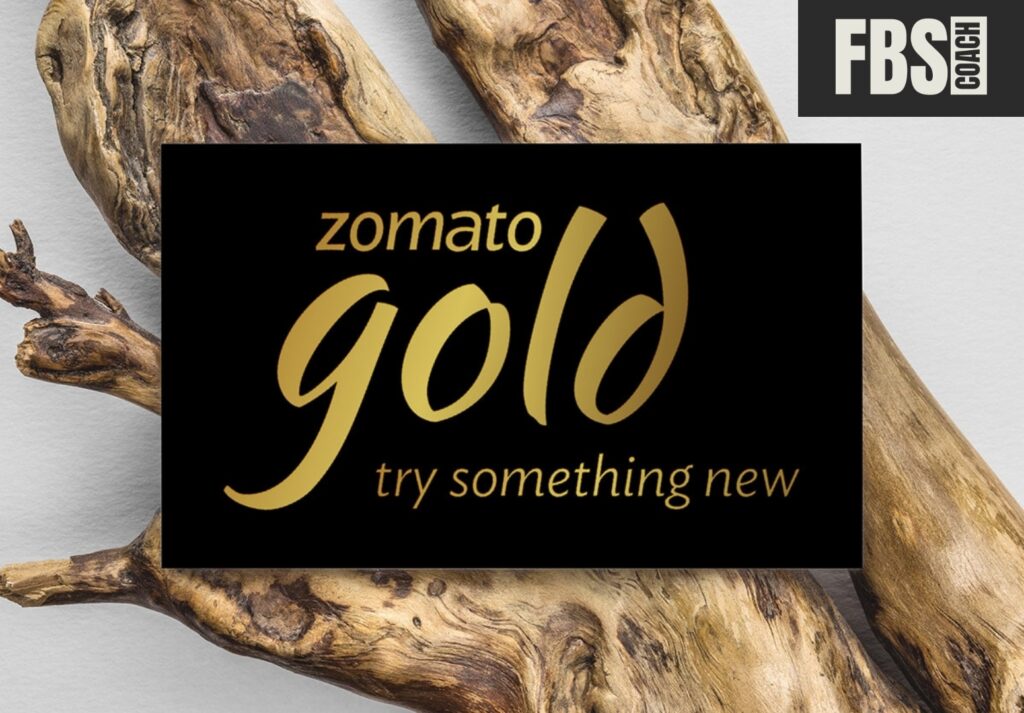
Zomato founded in 2008 by Deepender Goyal and Pankaj Chadha, is an Indian multinational restaurant aggregator and food delivery platform. Initially named FOODIEBAY, It began as an online restaurant discovery platform, providing users with menus, reviews, and ratings. Over the years, Zomato expanded globally, reaching numerous countries.
The platform evolved beyond restaurant discovery to incorporate food delivery services, allowing users to order from a wide range of restaurants. Zomato’s success was driven by its user-friendly app, extensive restaurant database, and partnerships with local eateries. The company also introduced features like Zomato Gold, a subscription service offering exclusive dining and drinking privileges.
Zomato went through various funding rounds, attracting significant investments, and it eventually went public with an IPO in July 2021. The IPO marked a milestone for the Indian Tech Industry. Despite facing competition in the fiercely competitive food delivery sector, Zomato remained a prominent player, adapting to changing market dynamics and consumer preferences.
Deepender Goyal:-

Deepender Goyal, The Co-Founder and CEO of Zomato. Born in 1983 in Punjab, India. Goyal started Zomato in 2008, transforming it into a global food-tech giant. He holds a degree in Mathematics and Computing from IIT Delhi. Goyal’s leadership has been crucial in Zomato’s expansion, offering services in numerous countries. Known for his entrepreneurial vision, he has played a pivotal role in shaping the food delivery Industry. Goyal’s commitment to innovation and customer satisfaction has contributed significantly to Zomato’s success as a leading player in the food-tech domain.
Pankaj Chadha:-

Pankaj Chadha, One of the Co-Founders of Zomato. Played a pivotal role in establishing Zomato. He served as Chief Operating Officer before leaving Zomato in 2018. His contributions significantly shaped Zomato’s growth making it a Global food-tech Industry.
Business Model of Zomato
Zomato, an Indian Multinational restaurant aggregator and food delivery company, operates on a multifaceted business model.
- Restaurant Listing and Advertising: Zomato provides a comprehensive platform where users can search for and discover restaurants and find detailed information. Restaurants can also pay for feature listings and advertisements to increase visibility.
- Food Delivery: Zomato offers food delivery services from a wide variety of restaurants. Customers place orders through the app or the official Zomato website, and Zomato’s delivery partners pick up and deliver the food. Zomato also earns through delivery fees charged to customers and commissions taken from restaurants on each order.
- Table Reservations: Zomato offers a table reservation service, enabling users to book tables at partner restaurants. This service is often monetized through a fee paid by restaurants for each reservation.
- Global Presence: Zomato operates in multiple countries, tailoring its services to fit local markets and regulations.
Marketing Strategies of Zomato Entering into the Global Market:-
Food Delivery is divided into 3 stakeholders: customers, delivery partners, and restaurant partners. Zomato charges commissions from restaurant partners for listing on its app and delivering food. Delivery charges are paid by users and are passed down to delivery partners. Tips paid by customers are also passed to delivery partners. It also earns advertisement revenue.
Restaurant Advertising:-
Zomato also charges commissions to restaurants for prominent listings on the feed. Restaurants can pay to have their events or deals which increases visibility and conversions from Zomato Consumers.
1) HYPERPURE:-

Zomato launched HYPERPURE in 2019, which sources products and supplies directly from farmers, mills, producers, and processors for its restaurant partners. The restaurant partners receive a ‘Hyperpure Inside‘ tag on their Zomato site, which is meant to offer guests assurance about the quality of the foods used in the eateries.
2) ZOMATO GOLD:-

Zomato Gold is a premium dining and social drinking membership club that offers its customers exclusive benefits like a complimentary dish and up to two complimentary drinks each time one visits their restaurant/bar.
3) ZOMALAND:-

Zomato made its debut in the branded live events industry. It charges consumers an entry fee to visit ZOMALAND, where they can see live musical performances and other events in addition to food.
Interesting FAQs related to Zomato Business:-
Business Analyst in Zomato?
A Business Analyst at Zomato plays a crucial role in driving the company’s data-driven decision-making processes.
Responsibilities of Business Analyst:
- Data Analysis: Analyzing large sets of data to derive actionable insights for business growth and operational efficiency.
- Reporting: Creating reports and dashboards to track key performance indicators and business metrics.
- Market Research: Conducting market research to understand industry trends and the competitive landscape.
- Project Management: Collaborating with cross-functional teams to implement business strategies and initiatives.
- Process Improvement: Identifying areas for improvement in existing processes and suggesting data-driven solutions.
- Stakeholder Communication: Presenting findings and recommendations to senior management and stakeholders.
Is Zomato a Cloud Kitchen?
Zomato itself is not a cloud Kitchen but rather a food delivery and restaurant discovery platform. However, Zomato has ventured into the Cloud kitchen space through partnerships and services that support cloud kitchens.
Zomato’s role in Cloud Kitchen
- Platform for Cloud Kitchens: Zomato lists cloud kitchens on its platform, allowing them to reach a broad customer base and manage online orders efficiently.
- Zomato Infrastructure Services: In some cases, Zomato has provided infrastructure and support for cloud kitchens, helping them set up and operate efficiently.
- Marketing and Analysis: Zomato offers marketing and analytics tools to cloud kitchens, helping them understand customer preferences, optimize their menu, and enhance their visibility.
- Logistics and Delivery: Zomato’s robust delivery network ensures that cloud kitchens can deliver their food to customers quickly and reliably.
Key Benefits for Cloud Kitchens Partnering with Zomato
- Increased Reach: Access to a large, existing customer base on the Zomato Platform.’
- Operational Efficiency: Support in order management, marketing, and customer insights.
- Reduced Overheads: Cloud kitchens can operate without kitchens can operate without the need for a physical dine-in space, reducing costs.
Connecting Food Business with Zomato?
Becoming a business partner with Zomato, particularly as a restaurant or food service provider, involves several steps.
Benefits of Partnering with Zomato
- Increased Visibility: Access to a large customer base actively looking for dining options.
- Marketing Support: Various promotional tools and campaigns to boost your restaurant’s visibility.
- Order Management: Efficient order management system for handling online orders and deliveries.
- Customer Insights: Analytics and insights to understand customer behavior and improve your offerings.
Achievements:-
- Awarded as the startup of the year in 2014
- The CEO of Zomato has been honored with NDTV Indian Man of the Year.
- No1 food delivery company in India.
Know More: This Pitch made Vineeta Singh Invest in Adilqadri Attar

